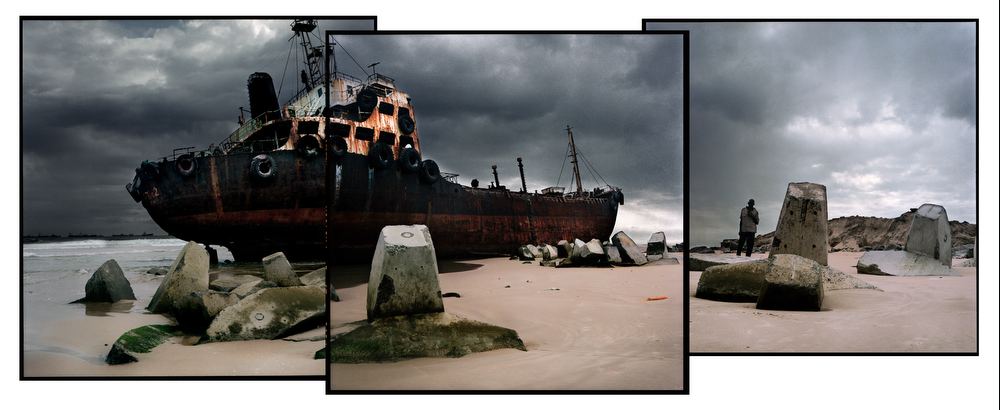A month-long photography festival aims to capture the spirit of one of Africa’s biggest and busiest cities.
By Glenna Gordon
LagosPhoto, the month-long photography festival sponsored by the African Artists Foundation, included a panel on contemporary photography, workshops, artist talks, portfolio reviews, and more. LagosPhoto opened in October and showcased international talents like Stanley Greene and Benedictine Kurzen alongside the best Nigerian photographers out there—from World Press winner Akintune Akinleye to acclaimed conceptual and fine art photographer Alafuro Sikoki.
No one photograph or photographer can speak definitively for a city—especially when the city in question is the biggest metropolis in Sub-Saharan Africa. LagosPhoto doesn’t attempt to winnow down the organized chaos of a city that’s home to more than 20 million people; instead, it surveys this array through a series of exhibits in public parks, hotels, and even a non-functional printing press.
Founder of AAF Azu Nwagbogu aims to, over the course of the next several editions of LagosPhoto, to “produce a contemporary visual document that captures the soul of the most important city in Africa.” While all of the photographs that will be shown are of Lagos, the range of content and tone allows for varied narratives and perspectives, resulting in a diversity of story rather than a monopoly of meaning.
Glenna Gordon is a photographer and writer who splits her time between Brooklyn and West Africa. Her work has appeared in Time, The New York Times, Newsweek, and elsewhere. She also blogs about photographic representations of Africa, her own work, music videos from Africa, and more. And, yes, she took that picture.

